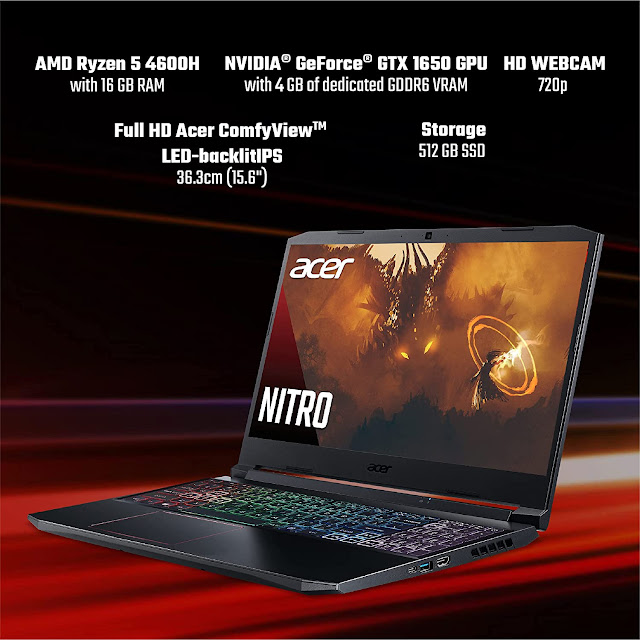A Journey Through Computer History
- Get link
- X
- Other Apps
Introduction:
The history of computers is a captivating narrative that spans centuries and has fundamentally transformed human civilization. From the abacus to the quantum computer, this essay explores the evolution of computing technology, highlighting key milestones and the impact of these innovations on society.
The Early Beginnings:
The roots of computer history can be traced back to ancient times. Early civilizations, including the Greeks and Chinese, developed rudimentary calculating devices like the abacuand astrolabe to perform mathematical tasks and solve practical problems. These inventions laid the foundation for the concept of mechanized computation.
The Visionaries:
The 19th century brought forth visionaries like Charles Babbage and Ada Lovelace. Babbage, often referred to as the "father of the computer," conceptualized the Analytical Engine, a mechanical, general-purpose computer. Ada Lovelace, an accomplished mathematician, wrote the world's first programming instructions for this machine, earning her the title of the world's first computer programmer. Their visionary ideas planted the seeds for modern computing.
The Rise of Electronics:
The 20th century witnessed a pivotal shift from mechanical to electronic computing. In 1945, the Electronic Numerical Integrator and Computer (ENIAC) emerged as the world's first general-purpose electronic digital computer. ENIAC, with its massive size and vacuum tubes, marked the beginning of the electronic computing era.
Transistors and Microchips:
The invention of the transistor in the late 1940s by John Bardeen, Walter Brattain, and William Shockley revolutionized computing technology. Transistors were smaller, faster, and more reliable than vacuum tubes, paving the way for smaller and more powerful computers. The development of integrated circuits, or microchips, in the 1960s further miniaturized electronic components and enabled the modern computing age.
The Personal Computer Revolution:
The 1970s and 1980s saw the birth of personal computers (PCs). Machines like the Altair 8800, Apple I and II, and the IBM PC brought computing into homes and businesses, democratizing access to technology and empowering individuals.
Graphical User Interfaces and the Internet:
The 1980s introduced graphical user interfaces (GUIs), popularized by the Apple Macintosh and Microsoft Windows, making computers more user-friendly. Simultaneously, the invention of the Internet and the World Wide Web by Tim Berners-Lee in 1989 transformed communication, information sharing, and commerce globally.
Mobile Computing and Beyond:
The 21st century ushered in the era of mobile computing with smartphones and tablets, offering unprecedented connectivity and convenience. Advances in artificial intelligence (AI) have driven innovation in fields like natural language processing, autonomous vehicles, and healthcare. Quantum computing, on the horizon, promises to revolutionize computing once again with its potential to solve complex problems at unparalleled speeds.
Conclusion:
The history of computers is a testament to human ingenuity and innovation. From humble beginnings with ancient calculators to the quantum computers of the future, computing technology has reshaped the world, impacting every aspect of our lives. As we reflect on this journey, it becomes clear that the history of computers is an ongoing story, continually shaping our future and expanding the boundaries of what is possible in the realm of technology.
- Get link
- X
- Other Apps



.jpg)

I am fully satisfied with your post. You can also visit my post. For more study material.
ReplyDeleteNaukri Portal
I’m happy you found the article useful! If you need expert guidance with your assignments, visit Assignment Help UK for high-quality academic solutions.
ReplyDeleteThe journey through computer history is a testament to human ingenuity and how technology has continuously reshaped our world. From massive mainframes to tiny handheld devices, computing has come a long way! I work in gadget salvation
ReplyDeleteNice Blog
ReplyDeleteVisit Our Best Computer Repair Services in Uttam Nagar
"Your Blog article was informative i liked it very much
ReplyDeleteMattress Cover"
Explore a wide range of Used iPhone near me at Wireless Country. Find top-quality Used laptop near me at discounted prices, including popular brands visit us at Used iPhone near me
ReplyDeleteShop cake decorating accessories online at Cake Pearls. Discover hdhub, cake toppers, edible sprinklers, bow moulds & more. Quality tools for every baker
ReplyDeleteNeed expert assistance at the Lenovo Laptop Service Center in Kurla? We offer budget-friendly laptop repairs, screen replacement, battery issues, and software troubleshooting with doorstep service. Specializing in out-of-warranty and multi-brand repairs, our team ensures fast, reliable, and professional laptop solutions. Contact us +91-7042640351 or +91-9891868324 now for complete Lenovo laptop care.
ReplyDeleteGreat post! Lenovo laptop repair service in Netaji Subhash Place offers affordable rates, doorstep support, and expert solutions for out-of-warranty laptops. Call +91-7042640351, +91-9891868324 for fast, professional service with genuine spare parts.
ReplyDeleteGreat post! The journey of computer history is explained in a very simple and interesting way. It’s amazing to see how technology evolved from old machines to today’s high-performance devices. For those who need fast and powerful systems, services like Gaming Laptop Rental Dubai are really helpful. Thanks for sharing this useful article!
ReplyDelete